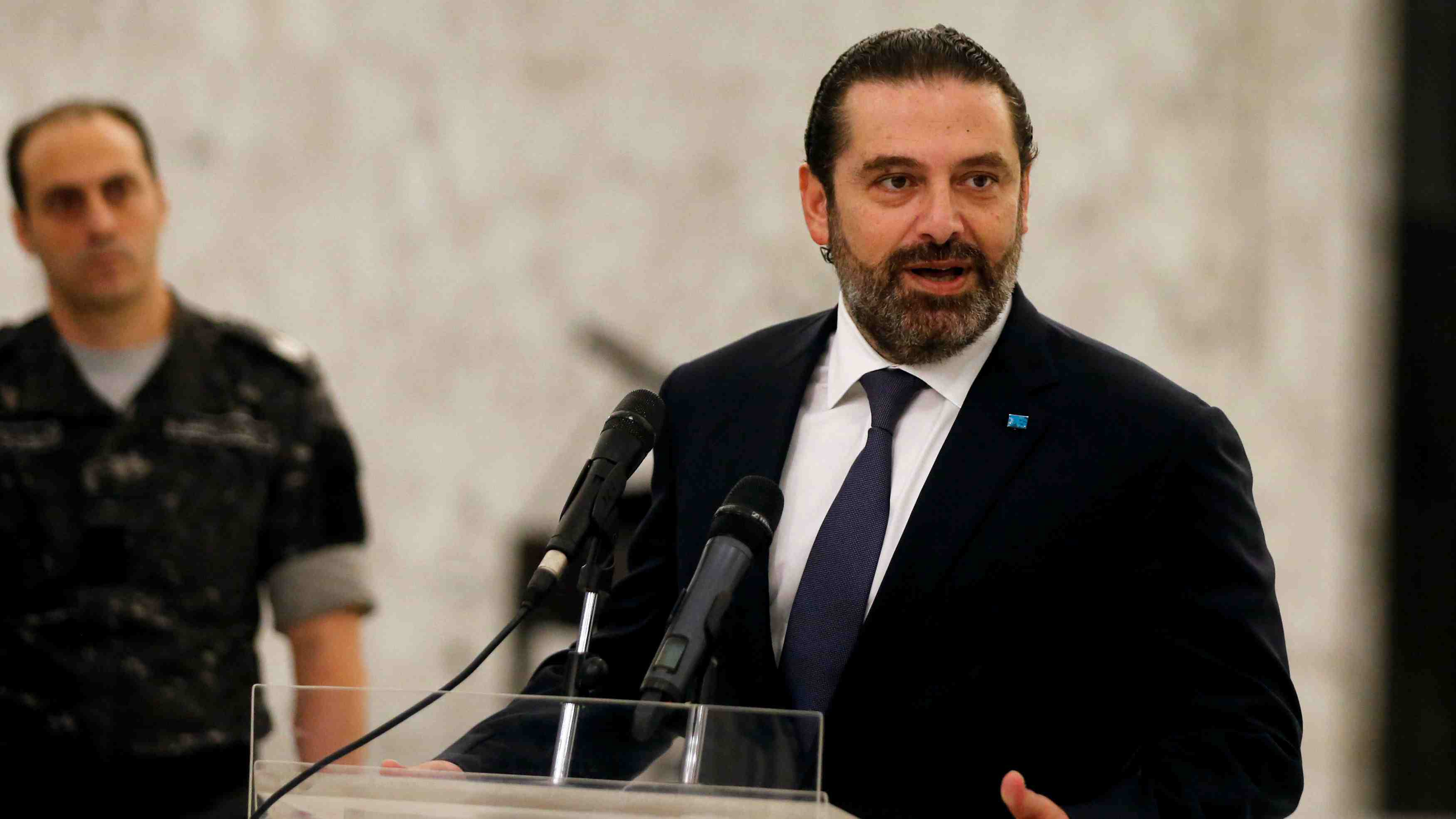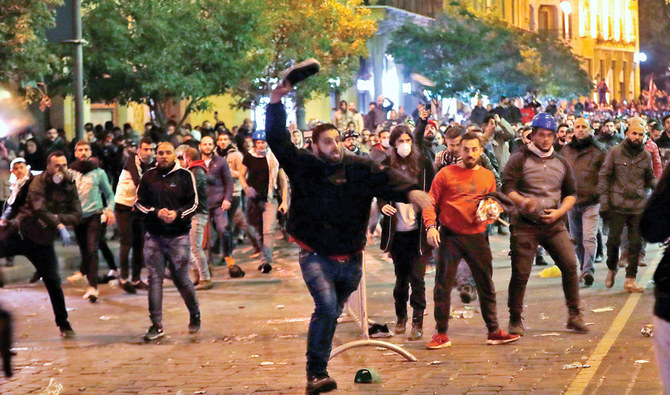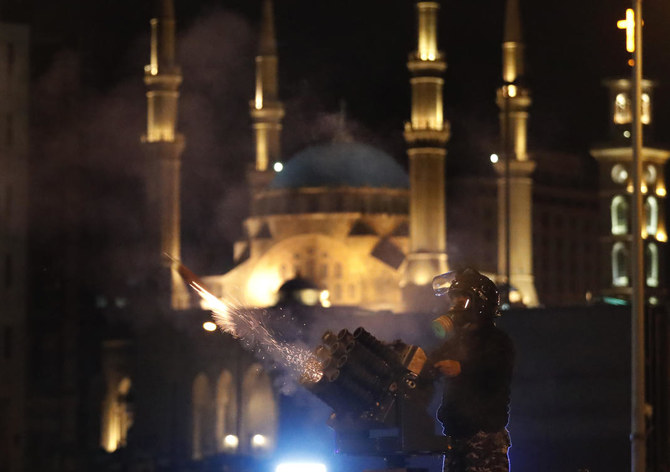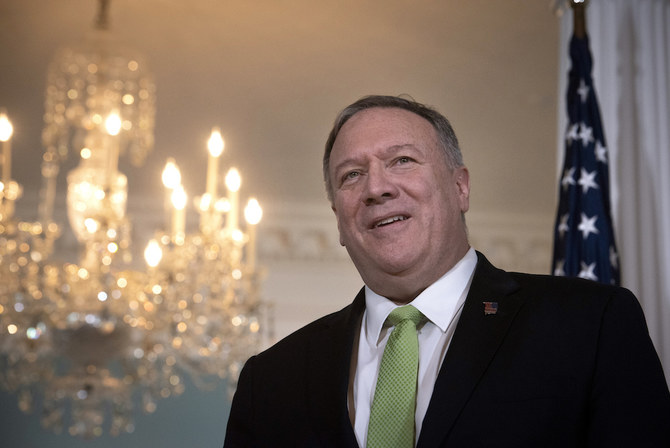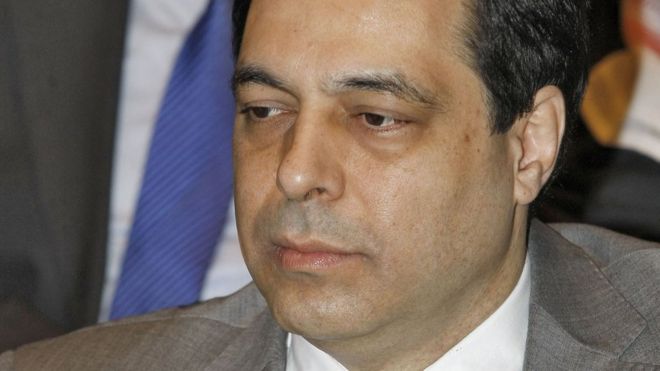
by bbc.com — Lebanon’s Shia Hezbollah movement and its allies have nominated university professor and former education minister Hassan Diab to be prime minister. Mr Diab reportedly failed to secure the backing of the main Sunni-led bloc, which could make it difficult to form a new government and secure Western aid. He emerged as a candidate when outgoing PM Saad Hariri withdrew on Wednesday. Mr Hariri resigned in October following mass protests fuelled by anger over corruption and economic mismanagement. Negotiations on a replacement stalled over the make-up of the new government, with some parties backing the protesters’ demand for an independent cabinet of unaffiliated technocrats and others insisting that the cabinet includes politicians.
How was the prime minister chosen?
On Thursday, President Michel Aoun held formal consultations with members of parliament on who to name as prime minister – a post that must go to a Sunni Muslim under Lebanon’s complex confessional power-sharing system. Mr Aoun was required to designate the candidate with the most support. Mr Diab was nominated by the biggest Shia Muslim factions, Hezbollah and Amal, as well as Mr Aoun’s Maronite Christian Free Patriotic Movement (FPM). Together the groups control a majority of the seats in the 128-member parliament. The second-placed candidate was Nawwaf Salam, a former judge at the International Criminal Court at The Hague. Mr Hariri’s Sunni-led Future Movement did not nominate anyone and told the president that it would not participate in the next government, a source close to the prime minister told Reuters news agency. Mr Hariri had been expected to be nominated for a third term in office after the Sunni religious establishment threw its support behind his candidacy.
